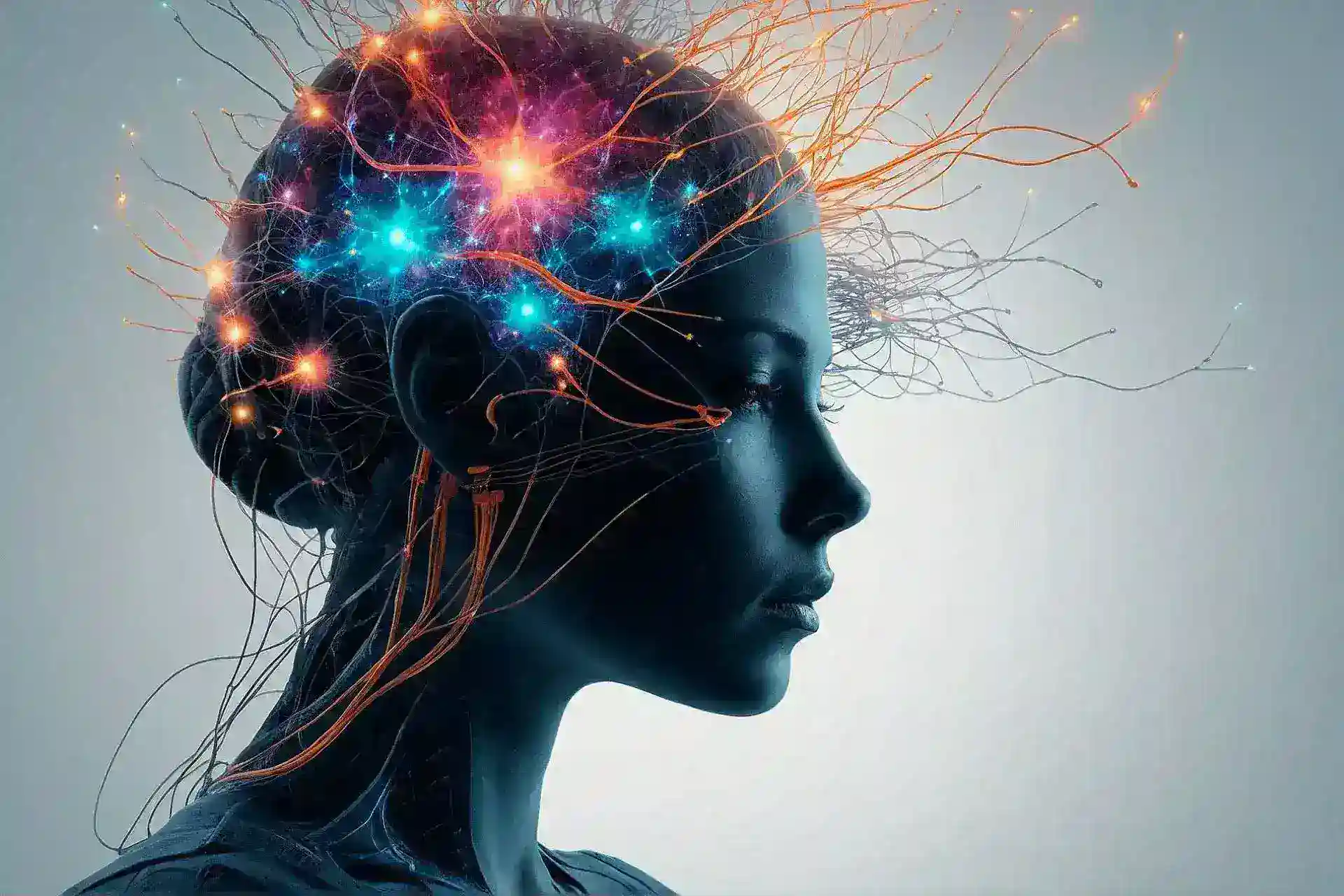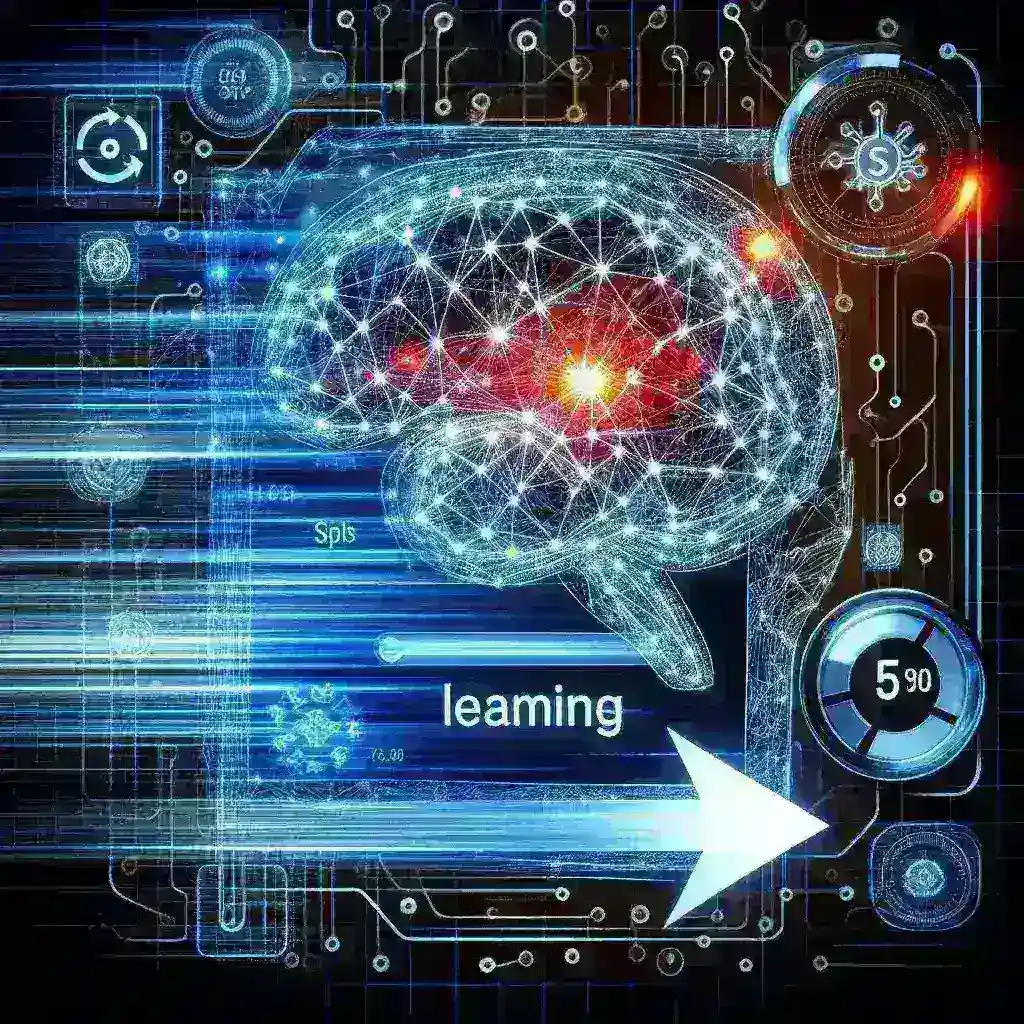Artificial Intelligence (AI) has already made significant waves in various industries, and healthcare is one of the areas benefiting the most from this technological revolution. Mental health diagnostics, in particular, is an area where AI is poised to make profound changes. With the ability to analyze vast amounts of data, identify patterns, and predict outcomes, AI is redefining how mental health issues are diagnosed and treated. But what does the future hold? How will AI shape the future of mental health diagnostics? Let’s dive into this intriguing topic.
Mental Health Diagnostics
Current Methods of Diagnosing Mental Health Issues
Diagnosing mental health conditions is a multi-layered process that traditionally relies on various approaches. Mental health professionals begin by conducting clinical interviews where patients discuss their symptoms, feelings, and behaviors. This initial conversation allows the clinician to gather vital information about the patient’s mental state. In addition to interviews, psychological assessments and tests, such as questionnaires or cognitive tests, are often used to measure specific mental health conditions like depression, anxiety, or cognitive impairments. Furthermore, some patients undergo neurological exams, especially in cases where mental health conditions are believed to have a neurological component, such as traumatic brain injuries or dementia.
Challenges Faced by Traditional Diagnostics
Despite the effectiveness of traditional methods, diagnosing mental health conditions presents numerous challenges. One of the primary difficulties lies in the subjectivity of the process. Mental health disorders often manifest in ways that are unique to each individual, which makes standard diagnostic tools difficult to apply universally. A patient’s openness and honesty during interviews play a crucial role in the accuracy of a diagnosis. However, many patients are not forthcoming about their symptoms due to shame, fear of judgment, or lack of understanding of their mental state. This can lead to incomplete or inaccurate diagnosis, and in some cases, delayed treatment.
Additionally, traditional diagnostic methods are time-intensive. The process of observing and interacting with patients over extended periods is essential but limits the speed at which conditions can be diagnosed, particularly in under-resourced settings. Furthermore, even when diagnostic tools are available, mental health professionals may overlook subtle behavioral or cognitive patterns that indicate an underlying condition. The human brain is highly complex, and its disorders can manifest in ways that are difficult to predict or observe with the naked eye. These limitations highlight the need for more precise and efficient diagnostic methods, which AI technology promises to address.
The Role of AI in Mental Health
How AI is Revolutionizing Mental Health Diagnostics
AI technology is rapidly transforming the field of mental health diagnostics by offering unprecedented capabilities in data analysis and pattern recognition. Traditional methods of diagnosing mental health conditions often rely on time-consuming interviews and subjective interpretations. AI, however, excels at processing vast amounts of data in a fraction of the time it takes a human clinician. It can analyze subtle patterns in speech, writing, or behavior that might otherwise go unnoticed. For example, AI systems are being used to detect variations in tone, language use, and emotional expression, which can indicate underlying mental health issues like depression or anxiety.
One of AI’s most revolutionary contributions is its ability to analyze data from various sources—such as social media activity, wearable devices, and patient history—allowing it to predict mental health issues with a level of accuracy that surpasses traditional methods. This opens new avenues for early intervention, enabling healthcare professionals to offer support before symptoms become debilitating. By continuously learning from data, AI systems become increasingly adept at diagnosing conditions, improving their accuracy and relevance with time. The integration of AI into mental health care offers hope for more accurate, faster, and even preventive diagnostic solutions.
AI-Powered Tools Used in Mental Health Assessment
AI technology includes a range of tools that assist in mental health diagnostics, each offering unique advantages:
- Natural Language Processing (NLP) in Therapy: Natural Language Processing (NLP) is one of the most promising applications of AI in mental health. NLP tools are designed to analyze conversations between patients and therapists, capturing linguistic patterns that might indicate a mental health disorder. For example, NLP algorithms can detect changes in sentence structure, tone, or emotion in speech, which are often associated with conditions such as depression, anxiety, or bipolar disorder. By analyzing these conversations in real time, NLP provides therapists with actionable insights that allow them to better tailor their therapeutic approach. This real-time feedback is invaluable in dynamic therapy environments, where a clinician’s ability to adapt is crucial to patient outcomes.
- Machine Learning Algorithms in Mental Health Diagnostics: Machine learning is another critical tool that is revolutionizing mental health diagnostics. These algorithms continuously learn and improve by analyzing patient data, ranging from medical history and genetic information to social media activity. For instance, machine learning models can sift through a patient’s behavioral data to identify patterns that might suggest the onset of conditions such as schizophrenia or major depressive disorder. Over time, these systems grow more accurate as they learn from the massive amounts of data they process. Moreover, machine learning algorithms can be applied to data from wearable devices, tracking metrics like sleep, physical activity, and heart rate, which are important indicators of mental health.
AI-Powered Tools Used in Mental Health Assessment
Here’s a detailed breakdown of the major AI-powered tools making waves in mental health diagnostics:
Natural Language Processing (NLP) in Therapy
- NLP analyzes and interprets human language through AI, enabling it to detect underlying emotions, mental health issues, and mood patterns.
- By analyzing patients’ speech or text data in therapy sessions, NLP tools help identify linguistic markers of mental health disorders. For instance, shifts in vocabulary use or sentence structure can indicate depression or anxiety.
Machine Learning Algorithms in Mental Health Diagnostics
- Machine learning algorithms detect patterns in patient data, such as social media behavior, medical records, and digital footprints, to diagnose mental health issues.
- These algorithms are continually learning and improving, allowing them to predict conditions like schizophrenia or bipolar disorder with increasing accuracy.
Benefits of AI in Mental Health Diagnostics
Improved Accuracy and Early Detection
One of the most significant benefits of AI in mental health diagnostics is its ability to identify symptoms and behavioral patterns much earlier than traditional diagnostic methods. Traditional diagnostics rely heavily on patient self-reporting and clinician observations, which can sometimes miss subtle changes or early signs of mental health conditions. AI systems, however, can monitor minute details in a person’s speech patterns, facial expressions, or even their online interactions to detect early symptoms of conditions like depression, anxiety, or even suicide risk. These systems continuously collect and analyze data, offering insights into a patient’s mental health that are both more precise and timely.
Personalized Treatment Plans
AI is revolutionizing the way personalized treatment plans are developed. Traditionally, treatment plans for mental health conditions are somewhat generalized, based on established protocols and the clinician’s judgment. While effective, these plans may not always account for the unique genetic, behavioral, and environmental factors that influence an individual’s mental health. AI, on the other hand, can analyze multiple data points, such as genetic information, medical history, lifestyle choices, and even social interactions, to develop a highly personalized treatment plan. This makes the interventions more specific to the individual’s needs, increasing the likelihood of successful outcomes.
Moreover, AI systems can adapt these treatment plans over time. As the patient progresses through therapy or medication, AI continually analyzes new data to refine and adjust the treatment. This ongoing customization ensures that patients are receiving the most relevant care, making treatment more dynamic and responsive to their evolving condition. This personalized approach also empowers patients, as they are more likely to engage in treatment when they feel it is tailored to their specific needs.
Overcoming the Stigma of Mental Health Treatment
Mental health treatment is often surrounded by stigma, preventing many individuals from seeking the help they need. This stigma is especially prevalent in communities where mental health issues are viewed as personal weaknesses rather than medical conditions. AI-driven mental health solutions offer an opportunity to overcome this barrier by providing more discreet methods of diagnosis and treatment. For example, AI-based apps or online platforms allow individuals to assess their mental health and receive treatment without the need for face-to-face interactions with a healthcare provider.
This anonymity can encourage more people to seek help, as they can do so in the comfort of their own homes and without fear of judgment. Furthermore, AI-powered mental health tools can be accessed 24/7, making mental health care more flexible and available to a broader audience. This increased accessibility not only helps reduce the stigma surrounding mental health treatment but also makes care more accessible to those who may not have immediate access to a mental health professional, such as individuals in rural areas or underserved communities.
| Benefit | Description | Impact | Example |
| Improved Accuracy and Early Detection | AI can detect subtle patterns in behavior and speech, identifying issues early. | Early intervention and better outcomes | Monitoring speech patterns to detect early signs of depression. |
| Personalized Treatment Plans | AI uses data points like genetics and lifestyle to create tailored treatments. | More effective and dynamic care | Adjusting therapy plans in real time based on a patient’s progress. |
| Overcoming Mental Health Stigma | AI offers discreet, app-based diagnostics and treatment, reducing stigma. | Increased accessibility to care | Using AI-driven apps for self-diagnosis and therapy without in-person visits. |
The Potential of AI in Predictive Diagnostics
AI’s Ability to Predict Mental Health Disorders
AI’s predictive power lies in its ability to analyze vast amounts of data to identify patterns and risk factors for developing mental health conditions. Unlike traditional methods, which may rely on a clinician’s observations or patient-reported symptoms, AI systems can sift through data from millions of individuals, identifying trends that might predict the onset of disorders like major depressive disorder, anxiety, or post-traumatic stress disorder (PTSD). By recognizing these risk factors early, AI can provide an opportunity for preventative interventions, potentially halting the progression of a disorder before it fully manifests.
For instance, AI systems can analyze genetic data alongside environmental and behavioral factors to assess who might be at risk for certain conditions. This allows healthcare professionals to design preventative strategies tailored to an individual’s unique risk profile, such as lifestyle changes, early therapeutic interventions, or even medication. In doing so, AI not only improves outcomes for individuals but also contributes to the broader public health goal of reducing the overall burden of mental health disorders.
Data Analytics in Assessing Mental Health Risk
Data analytics plays a critical role in AI’s ability to assess mental health risks. By gathering data from various sources, such as electronic health records, social media activity, wearable devices, and even behavioral patterns observed during therapy sessions, AI can develop a comprehensive view of an individual’s mental health. This data-driven approach enables a deeper understanding of how different factors contribute to mental health conditions, offering new insights that were previously difficult to obtain through traditional means.
For example, wearable devices can track physiological indicators such as heart rate, sleep patterns, and physical activity, which are all important factors in mental health. By combining this information with social media behavior or online interactions, AI can assess the likelihood of an individual developing a mental health disorder. This holistic view provides a more nuanced understanding of mental health risks, allowing for targeted early interventions. As AI continues to evolve, its data-aggregating capabilities will become even more sophisticated, offering new pathways for personalized, preventative mental health care.





